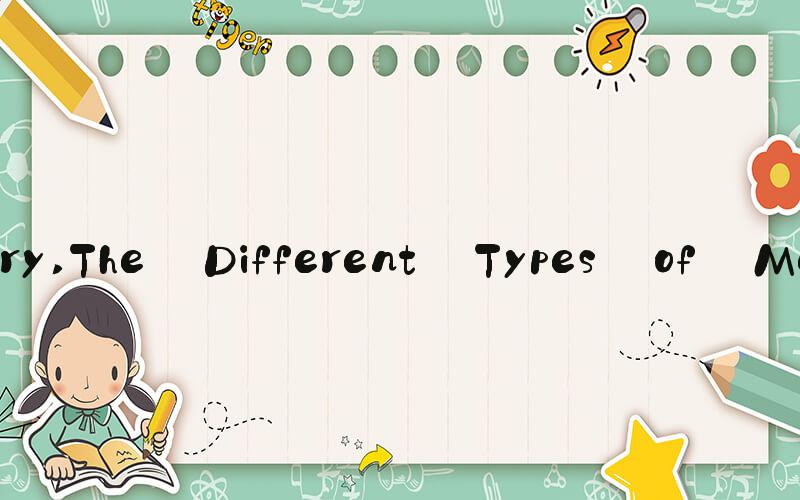 Memory: Understanding the Science behind It
Memory: Understanding the Science behind ItMemory is the ability to store information and to recall it later when needed. It is a vital function of the brain and essential to our daily lives. Memory is not just crucial for remembering where we put our keys or what we had for breakfast. It also plays an essential role in learning new information, making decisions, and creating our sense of self.
The Different Types of MemoryMemory can be classified into two main categories: short-term memory and long-term memory. Short-term memory is a type of memory that holds information for a brief period of time, usually seconds or minutes. Long-term memory, on the other hand, refers to any information that is held in the brain for an extended period, which can be for as little as a few days or up to a lifetime. Long-term memory, in turn, can be further divided into two types: explicit or declarative memory and implicit or non-declarative memory.
How Memory WorksMemory is an intricate process that involves several stages. The first stage is known as encoding, where information is first received by the brain and converted into a form that can be stored. The second stage is known as consolidation, where information is strengthened and stabilized in the brain once it is stored. The third stage is retrieval, where stored information is brought back to the surface and can be accessed as needed. The process of retrieval can be affected by various factors, including stress, distractions, and time.
The Brain and MemoryThe brain is the most critical organ involved in memory. The hippocampus, located deep within the brain, plays a significant role in the formation and retrieval of explicit or declarative memory. Meanwhile, the basal ganglia and the cerebellum are essential for implicit or non-declarative memory. The communication between these brain regions creates a complex network that allows the brain to store and retrieve information.
The Plasticity of MemoryMemory is not a fixed entity. It can change, evolve, and even be reconstructed over time. The brain's ability to adapt and change in response to new experiences and information is called neuroplasticity. This feature allows the brain to alter the strength and structure of connections between neurons, which can either enhance or weaken memory. It also means that memory can be improved or impaired by various factors, such as aging, disease, and lifestyle choices.
The Importance of MemoryMemory is a vital cognitive function that allows us to navigate through our daily lives. Without it, we would be unable to learn new information, recall past experiences, or plan for the future. Memory also plays a crucial role in our personal identities, as it shapes our perceptions of ourselves and our place in the world. Finally, memory research has helped scientists better understand the brain and how it functions, leading to revolutionary discoveries in various fields, including medicine and psychology.
ConclusionMemory is a fascinating subject that is still not entirely understood by scientists. However, with further research and technological advancements, we may one day unravel its mysteries and use the knowledge to enhance our cognitive abilities and ultimately improve our lives.
